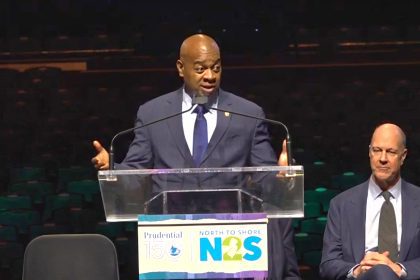 The U.S. Supreme Court ruling that gives local and state police the power to act as immigration officers will amplify paranoia among Latinos, an important demographic Republican presidential candidate Mitt Romney already has serious problems courting in his quest to win the White House.
The U.S. Supreme Court ruling that gives local and state police the power to act as immigration officers will amplify paranoia among Latinos, an important demographic Republican presidential candidate Mitt Romney already has serious problems courting in his quest to win the White House.
The Supreme Court, with the first-ever Hispanic judge Sonia Sotomayor siding with the majority ruling, stated that local law enforcement officials can act “freely” and “aggressively” as federal immigration officers.
This is a no-win situation for Romney, who has tried to soften his stance on illegal immigration in recent months. If he comes out in favor of the Supreme Court ruling, he will alienate the Latino community. If Romney criticizes the court’s ruling, then he threatens to upset the right-wing support that was already reluctant to get behind him in the first place.
The court in effect upheld the specifics of Arizona law SB 1070 that require local officers to determine the immigration status of anyone they stop for another violation — no matter how minor — if they have a reasonable doubt that the person they have stopped may not be a legal resident of the United States. The ruling has caused an uproar among Hispanics.
“It turns the police into immigration officers and that is a terrible narrative for the Latino community,” said Maria Teresa Kumar of Voto Latino, a non-partisan organization that works to register Latino voters. “The headlines in the Hispanic media will be uniformly negative.”
This ruling also benefits President Obama in another way. Since possession of a valid driver’s license is, under the Arizona law, sufficient proof of citizenship, the ruling will force legal residents and citizens to get them if they don’t have them.
Pundits believe that Obama can come up in the race if his campaign sets up registration drives in close proximity to DMV stations. Most of the new registrants would doubtlessly be Democratic supporters in general and Obama fans specifically, particularly in states with large Latino populations, such as Texas, Arizona and California.
–terry shropshire













